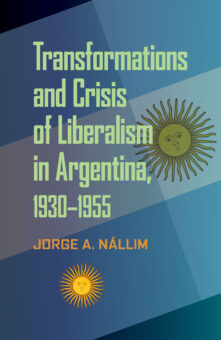History / General
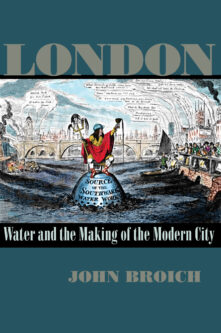
London
Water and the Making of the Modern City
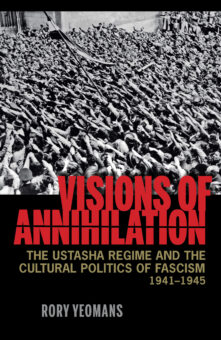
Visions of Annihilation
The Ustasha Regime and the Cultural Politics of Fascism, 1941–1945
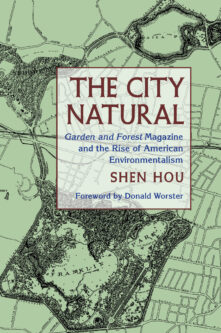
The City Natural
Garden and Forest Magazine and the Rise of American Environmentalism
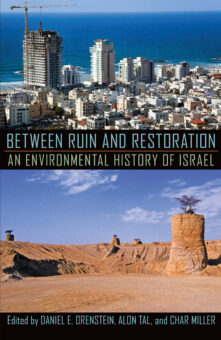
Between Ruin and Restoration
An Environmental History of Israel
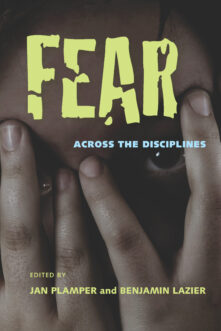
Fear
Across the Disciplines
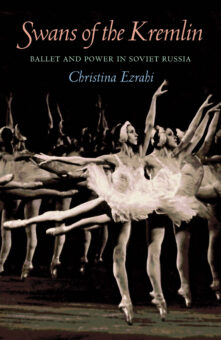
Swans of the Kremlin
Ballet and Power in Soviet Russia
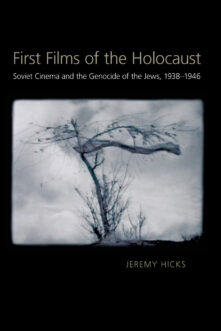
First Films of the Holocaust
Soviet Cinema and the Genocide of the Jews, 1938–1946
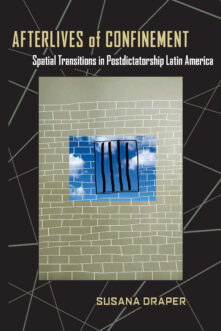
Afterlives of Confinement
Spatial Transitions in Postdictatorship Latin America
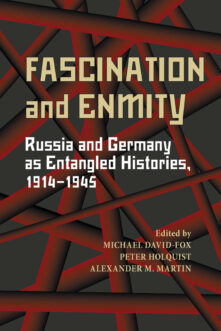
Fascination and Enmity
Russia and Germany as Entangled Histories, 1914–1945
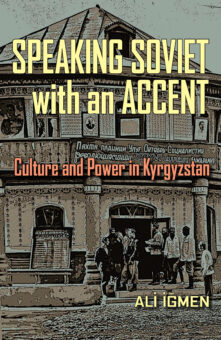
Speaking Soviet with an Accent
Culture and Power in Kyrgyzstan
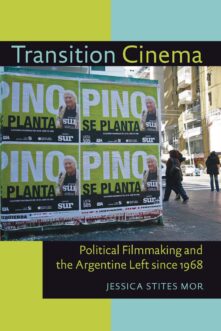
Transition Cinema
Political Filmmaking and the Argentine Left since 1968
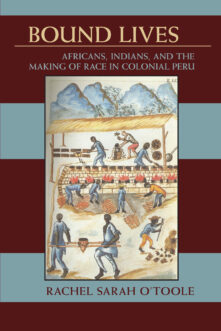
Bound Lives
Africans, Indians, and the Making of Race in Colonial Peru
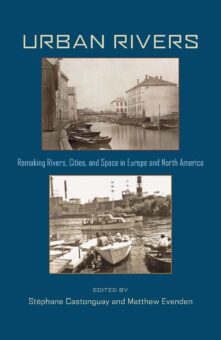
Urban Rivers
Remaking Rivers, Cities, and Space in Europe and North America
Total 212 results found.


